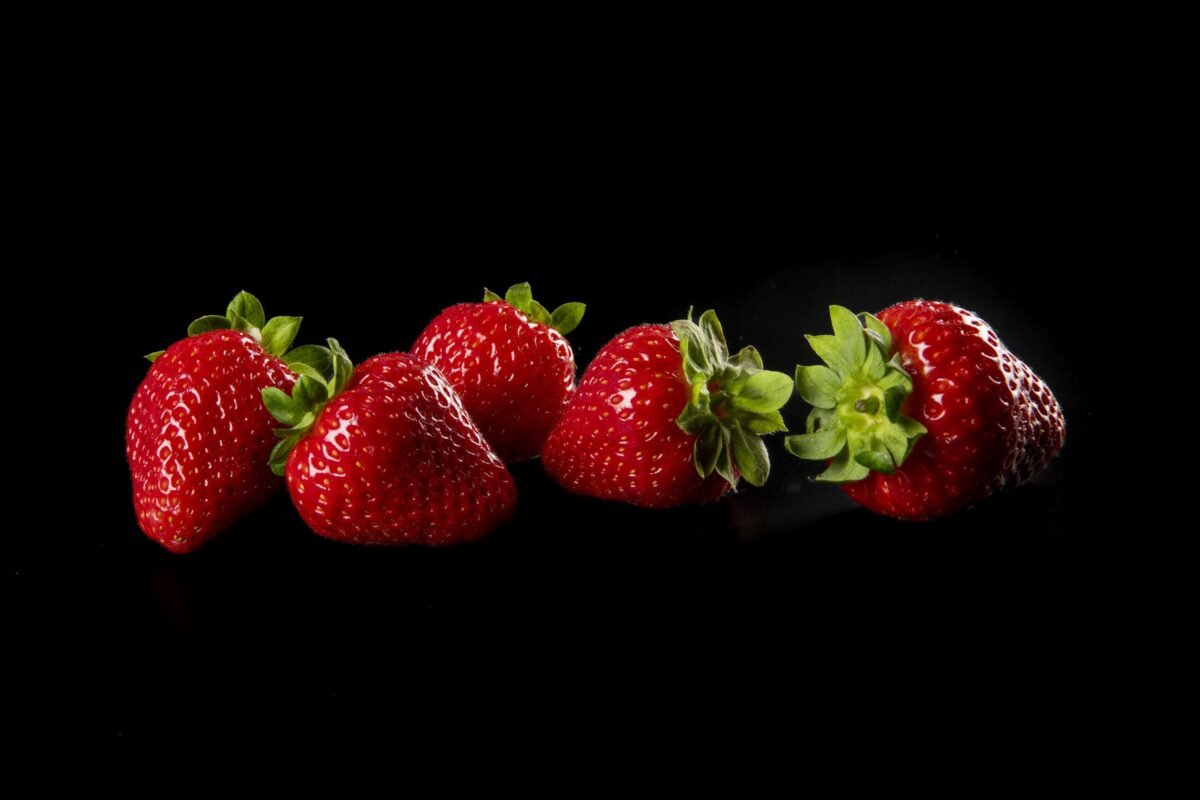Oishii opens solar-powered facility indoor vertical strawberry farm
Nearly 50 state-of-the-art robots work around-the-clock at Amatelas Farm to ensure berries are picked at the peak of ripeness and optimise operations over time.
US based vertical farming company Oishii announced the opening of a new indoor vertical strawberry farm, spanning more than 237,500 square feet in Phillipsburg, New Jersey. Adjacent to an expansive solar field, Oishii’s innovative Amatelas Farm – which is named for the Japanese Goddess of the Sun – runs on renewable energy and represents a new, more efficient paradigm for indoor agriculture.
Amatelas Farm features individual farm units, which are each home to 250 moving racks of Oishii’s ever-popular Koyo strawberries. Every rack is stacked with eight growing levels (up from five in Oishii’s second-generation farms) that seamlessly move from the warmth of day to the coolness of night on a 24-hour cycle. While most vertical farms grow their produce on static, immobile racks, Oishii’s moving architecture automates the growing process and enables bees, robots, and farmers to work together to grow more berries in the same footprint.
Amatelas Farm harvests are grown primarily with solar power – sourced from the 50-acre solar field next door. Built in a repurposed plastics manufacturing plant, the farm is also outfitted with next-generation LED lights that use 14 per cent less energy per plant. The facility’s multi-million-dollar water purification system has eight times more capacity than the older Oishii farms, allowing it to recycle the majority of the water it uses today.
“At Oishii, we run towards problems once thought to be impossible to solve. In just two years, we’ve developed technological breakthroughs now in use at Amatelas Farm that make our growing process significantly more efficient, yet just as delicious,” said Hiroki Koga, CEO and Co-Founder of Oishii.
Nearly 50 state-of-the-art robots work around-the-clock at Amatelas Farm to ensure berries are picked at the peak of ripeness and optimize operations over time. The company’s proprietary robots capture over 60 billion data points annually, which are used to monitor and adjust the environmental variables of each farm unit. By pairing machine vision with machine learning, Oishii’s farms get incrementally more efficient, improving important metrics like pollination success and harvest predictability to deliver the best tasting fruit.
Amatelas Farm also enables Oishii to scale the impact of the brand. The company has already made more than 100 hires in the Lehigh Valley region, creating new jobs for engineers, farm operators, and facility managers, among others.
With the space to grow more than 20 times the number of berries from its previous facility, the farm’s unique location near the border of New Jersey and Pennsylvania also unlocks new expansion opportunities for Oishii. Situated within a day’s drive to a third of the U.S. population, the company will enter new markets along the East Coast and expand its relationship with retail partners like Whole Foods Market and FreshDirect.
Nearly 50 state-of-the-art robots work around-the-clock at



